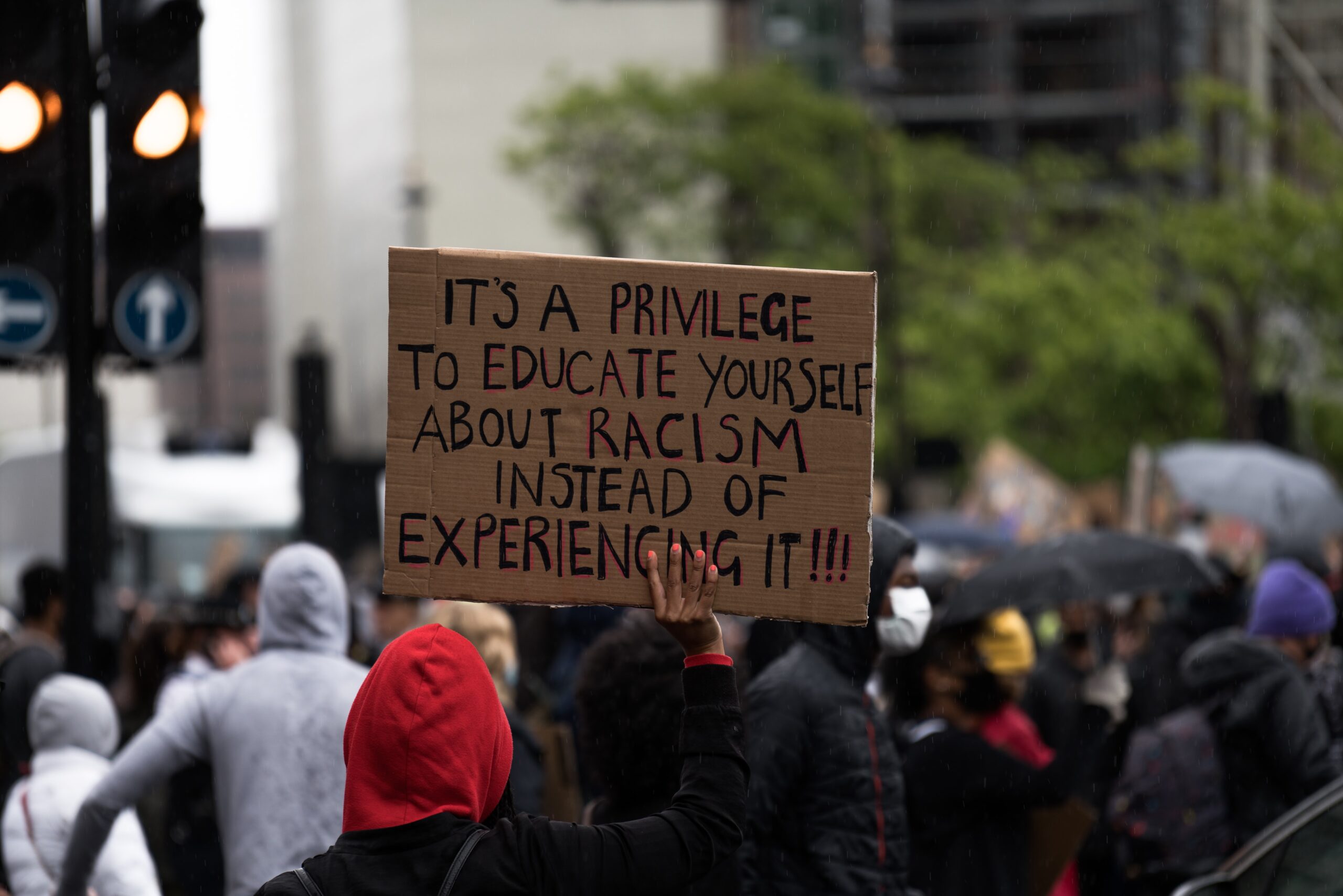Photo credits: James Eades via Unsplash
This past Wednesday, Feb. 1 marked the start of Black History Month in the United States. This celebration honors not only the contributions and triumphs of the Black community but also acknowledges the immense adversities faced. For years there has been backlash on “how necessary Black History Month really is.” Should we still celebrate? The answer is obviously yes.
Black History Month began as “Negro History Week,” which evolved into Black History Month by the late 1960s. Black History Month was officially recognized by American politics in 1976 when President Ford stated Americans should “seize the opportunity to honor the too-often neglected accomplishments of Black Americans in every area of endeavor throughout our history” (History.com). February was chosen as the official month for Black History Month because both Abraham Lincoln and Frederick Douglass’s birthdays are in February.
It is unfortunate to hear narrow-minded, ignorant remarks throughout Black History Month such as, “Well when’s white history month?” Let’s expand on how the idea of a “White History Month” is ridiculous. The reality is that every month is white history month, especially for our students. Public school history curriculums regurgitate the same whitewashed versions of American history to their students every year. White is seen as the default when other races are not. There is absolutely no shortage of white people honored in various professions, historically. No shortage of white writers taught in English classrooms, no shortage of white artists whose works hang in our museums, no shortage of white people in positions of power. The history of those in power, from kings and queens to Supreme Court judges and presidents, showcases how prevalent whiteness has been throughout history.
We observe the Fourth of July annually while ignoring the implications of that holiday. Americans around the country barbecue and celebrate America gaining its independence in 1776, while Black people were still legally enslaved. Abolitionist Frederick Douglass is quoted in 1852 saying “This Fourth of July is yours, not mine. You may rejoice, I must mourn.” Our “American history” overlooks the oppression that marginalized communities faced at that time, in honor of the freedoms white folks gained.
Inquiring why Black history gets a month of recognition while white people don’t is ignorant and disregards the racial inequalities that are still so deeply ingrained in our country. There are systemic power imbalances that remain in American politics, education and other institutions keeping us from having a chance at racial equality. White people have such a significant advantage in life, solely based on the race they are born in, that to insinuate that they require a month of recognition is to downplay and ignore their privilege entirely. Author Chrystie Myketiak stated, “Uncomfortable emotion is not the same as marginalization. Members of the dominant group may perceive their hurt feelings as oppressive because this is the worst thing they can imagine being inflicted on them.” The only way to move forward and fight for equality is to acknowledge outright the level of inequality.
Much like the mantra “All Lives Matter,” in response to the Black Lives Matter movement, white people asking for a “White History Month” comes from a place of “wanting equality.” The hard truth is that not every life is viewed as having equal value. Equality can only exist if everyone is on an even playing field, something white folks have historically fought to prevent. Alex Leeder, an author for Citizen Network, stated, “This is entrenched, systemic racism. It is very easy to take a privileged position for granted. It is not so easy to see, appreciate or understand systemic racism if you are not subjected to it. I’m not less likely to get a job because I’m 5 foot 6 inches. But I would be less likely to get a job if I was 5 foot 6 inches and Black. The statistics are there to prove this, and there is no legitimate justification for this. As white people, we don’t need to feel attacked, we need to address racism.”
Questions such as “When’s white history month?” or ‘Don’t all lives matter?” can act as a sort of dog whistle for racist Americans who continue to defend white supremacy. I understand that to many people that sounds dramatic, but what is a dog whistle? According to Vox.com, a dog whistle is “political shorthand for a phrase that may sound innocuous to some people, but which also communicates something more insidious either to a subset of the audience or outside of the audience’s conscious awareness — a covert appeal to some noxious set of views.” Think of it as coded language only specific communities will understand. Asking, “Well when’s white history month?” for many is the same as saying, “Well why can’t we have white pride?”
So yes, all cultures and races’ history should be taught and honored, but no one is arguing against that. Black History Month, and any other month honoring a specific community, is not the time to advocate for a more privileged group’s turn. Asking why white folks don’t get a “White History Month” disrespects the fight towards equality. Instead of questioning why Black History Month is still necessary and important, we should focus on what we can learn. Black History Month affords us the opportunity to understand America’s history more deeply and should focus on uplifting Black stories.
Emily Hart is a fourth-year English major. EH943163@wcupa.edu


Thank you for using your platform to amplify the voices of minorities on campus.
It’s okay to be White.